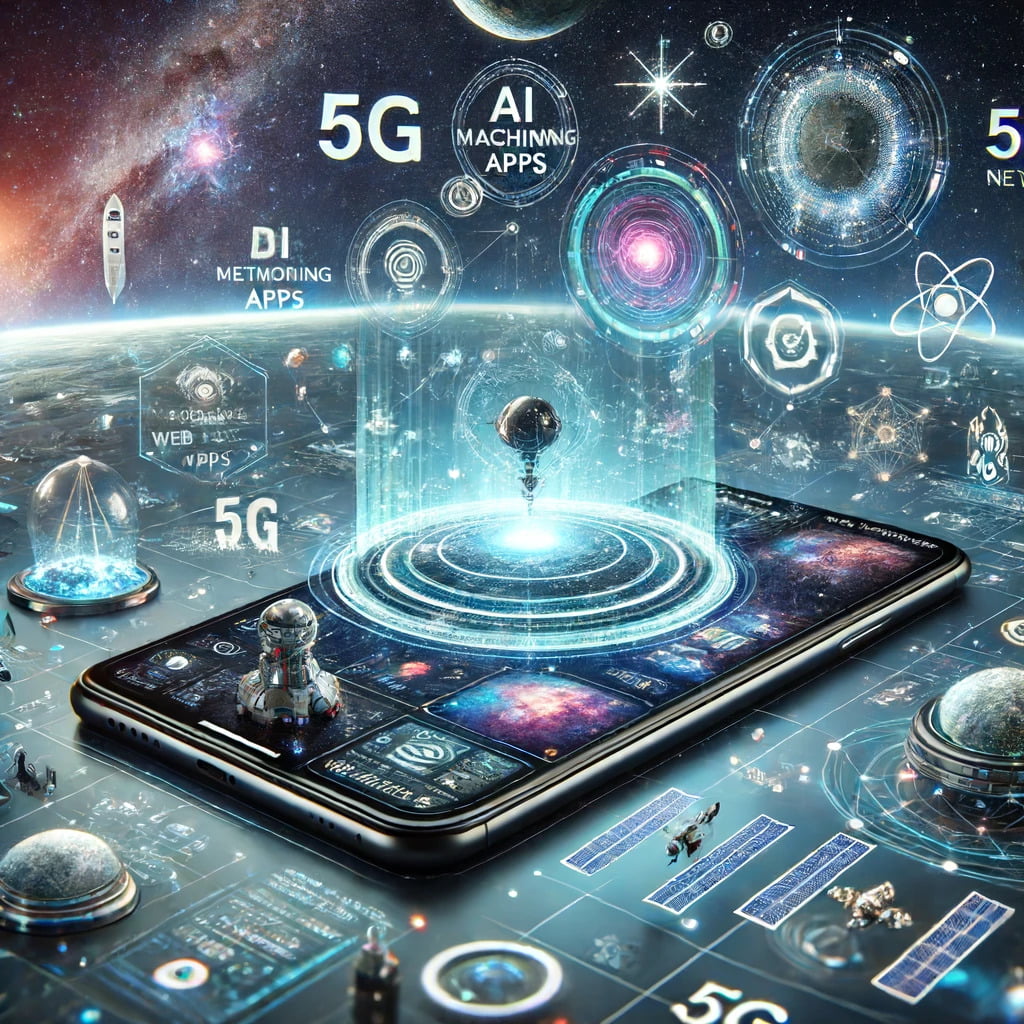The landscape of application development is evolving rapidly, driven by technological advancements and changing user expectations. In this blog post, we will explore the future of applications, focusing on key trends that are shaping the industry.
1. Artificial Intelligence and Machine Learning
Artificial Intelligence (AI) and Machine Learning (ML) are transforming the way applications function! These technologies enable applications to learn from user behavior, improving their functionality and personalizing user experiences. Future applications will leverage AI and ML to provide more intuitive and responsive interactions, making them indispensable in our daily lives.
2. Augmented Reality and Virtual Reality
Augmented Reality (AR) and Virtual Reality (VR) are poised to transform industries ranging from gaming and entertainment to education and healthcare. Applications that incorporate AR and VR will provide immersive experiences that blur the lines between the digital and physical worlds. As these technologies become more accessible, we can expect to see a surge in applications that leverage AR and VR for innovative and engaging user experiences.
3. 5G Technology
The rollout of 5G technology is going to have a big impact on app development. With faster internet speeds and lower latency, apps will be able to deliver real-time experiences without delays. This will be really useful for apps that need a lot of bandwidth, like streaming services, online gaming, and IoT (Internet of Things) devices. The enhanced connectivity provided by 5G will open up new possibilities for app developers to create more dynamic and responsive apps.
4. Progressive Web Apps
Progressive Web Apps (PWAs) are catching on because they let you get a native app-like experience within a web browser. They’re fast, reliable, and can work offline, so they’re a cost-effective alternative to traditional mobile apps. As the demand for seamless and efficient user experiences grows, PWAs will become increasingly popular, offering businesses a versatile platform to reach their audience.
5. Increased Focus on Security
With the growing number of cyber threats, security will be a paramount concern for future applications. Developers will prioritize building secure applications that protect user data and privacy. The implementation of advanced security measures, such as biometric authentication and end-to-end encryption, will be crucial in gaining user trust and ensuring the safety of sensitive information.
6. Low-Code and No-Code Development
The rise of low-code and no-code platforms is democratizing application development. These platforms allow individuals with minimal coding knowledge to create applications using visual interfaces and pre-built components. This trend will enable businesses to quickly develop and deploy applications, reducing time-to-market and fostering innovation. As low-code and no-code tools become more sophisticated, we can expect a surge in application development across various industries.
7. Sustainability and Green Tech
As awareness of environmental issues grows, there will be a greater emphasis on developing sustainable applications. This includes optimizing applications to reduce energy consumption, utilizing eco-friendly hosting solutions, and promoting green practices within the tech industry. Future applications will not only focus on delivering exceptional user experiences but also on minimizing their environmental impact.
Conclusion
The future of apps looks bright and full of potential. With all the new tech out there, like AI, AR/VR, 5G, and more, apps will get smarter, more immersive, and more efficient. As developers keep innovating and adapting to changing trends, we can look forward to a new generation of apps that will enhance our lives in new and exciting ways. Stay tuned for all the latest developments in the world of app development.
You should also check out our other content.

